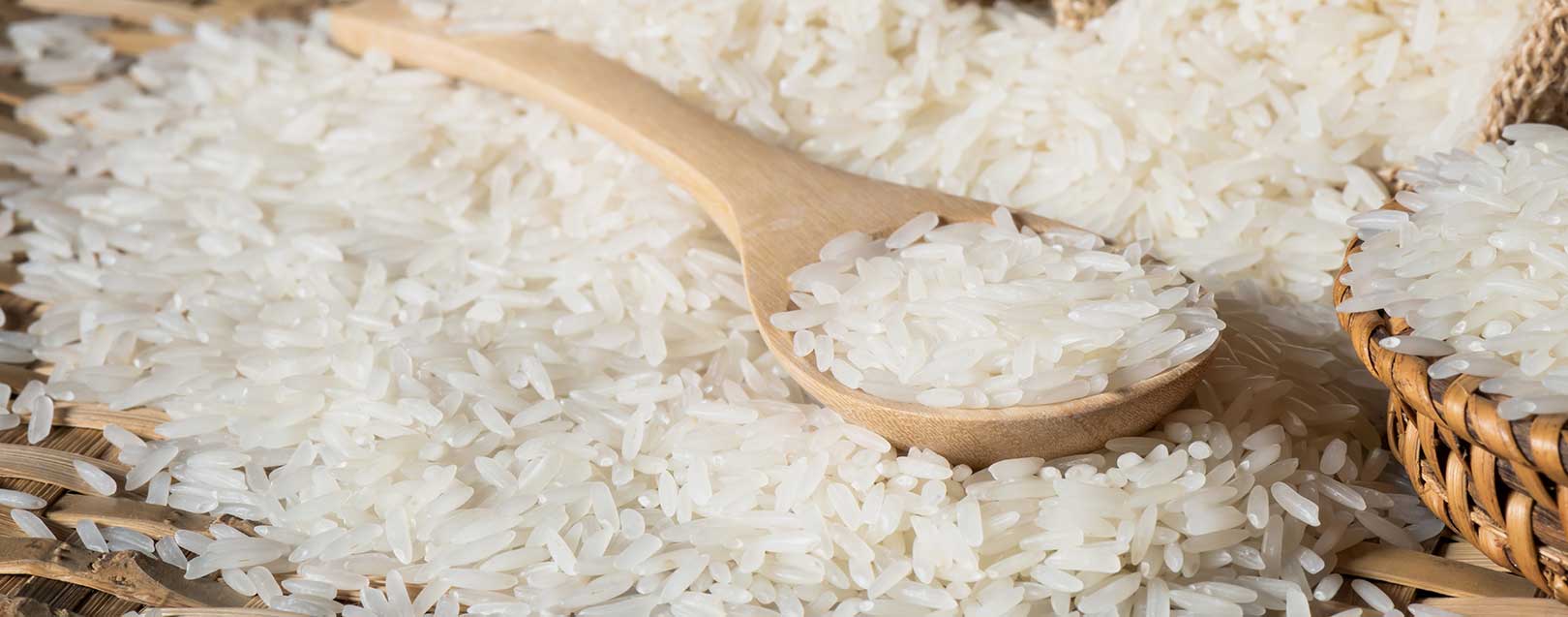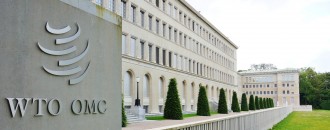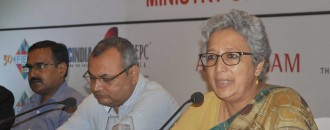
India and EU discuss rice exports issue
The Dollar Business Bureau
India is in talks with the EU voicing the concerns of Indian rice exporters on the tightening of regulations on the usage of pesticide in Basmati rice that will impact exports to the region.
The European Commission has revised the maximum residue limit (MRL) and brought down the level of fungicide Tricyclazole to 0.01 mg per kg in basmati rice starting next year.
“We are discussing the matter with them. Some European countries also use this pesticide,” Commerce Secretary Rita Teaotia told reporters in New Delhi on Tuesday.
All India Rice Exporters' Association (AIREA) has said that stricter norms by the European Commission will badly impact the rice exports from India as trade worth more than Rs.1,700 crore could be shifted to Pakistan.
The Rice Exporters body has said that the European Commission has virtually put a ban on the Indian basmati rice imports by cutting down 100-fold the MRL level of Tricyclazole and added that it is impossible to cut down the pesticides level to nearly zero all of a sudden.
India mainly exports two varieties of aromatic basmati rice - PB1 and 1401 - to the EU.
So far, the exports of these varieties of Basmati rice from India with Tricyclazole MRL level at 0.03 mg a kg of rice were accepted by the EU. Nearly, two crop cycles are needed to bring in the desired change.
Furthermore, there is also no scientific proof regarding the harmful effects of such pesticides on human health, it said, while adding that in the meantime farmers are being made aware to use the pesticide in a judicious way.
D K Singh, Chairman, Agricultural and Processed Food Products and Export Development Authority (APEDA) said that they are organising awareness programmes for farmers on the use of such types of pesticides in rice.
“We have started the awareness programme. Our target is to reach 50,000 farmers in next two months. The target is mainly rice growing areas. We are telling them about the judicious use of such pesticides,” he said.
India exported around 40,00,471 MT of Basmati rice worth $3.15 billion in the last fiscal of 2016-17, as per APEDA.






 to success.
to success.